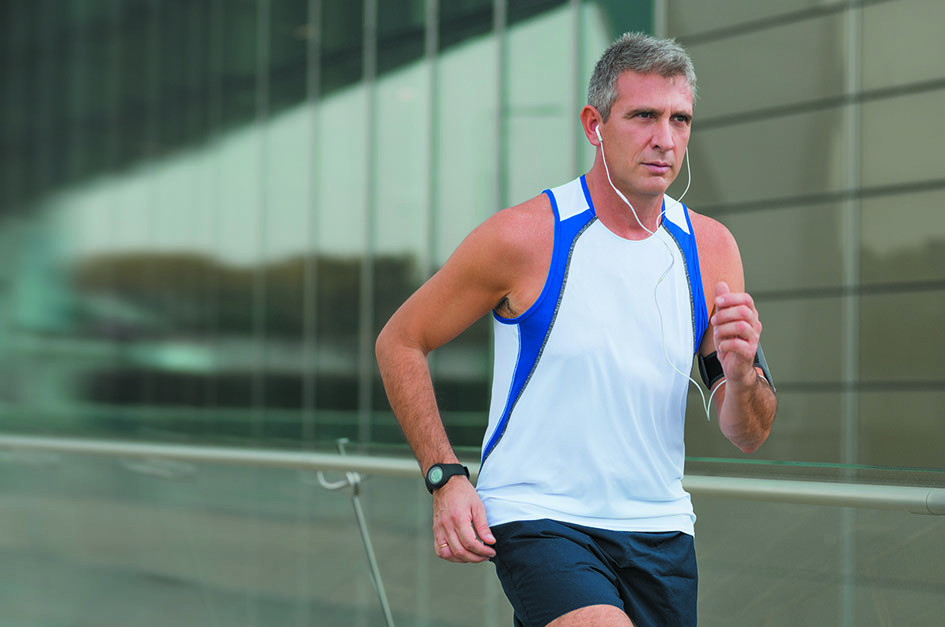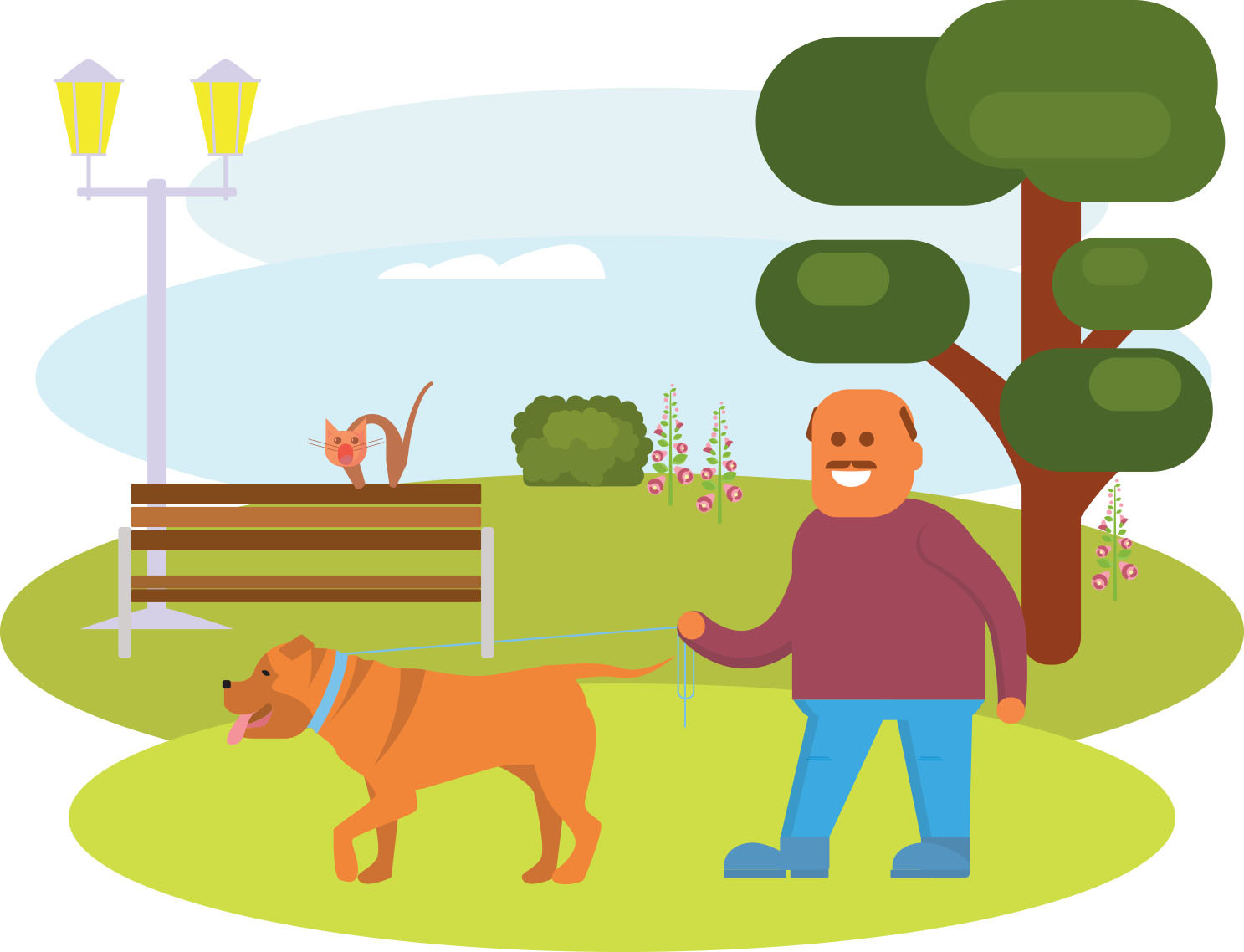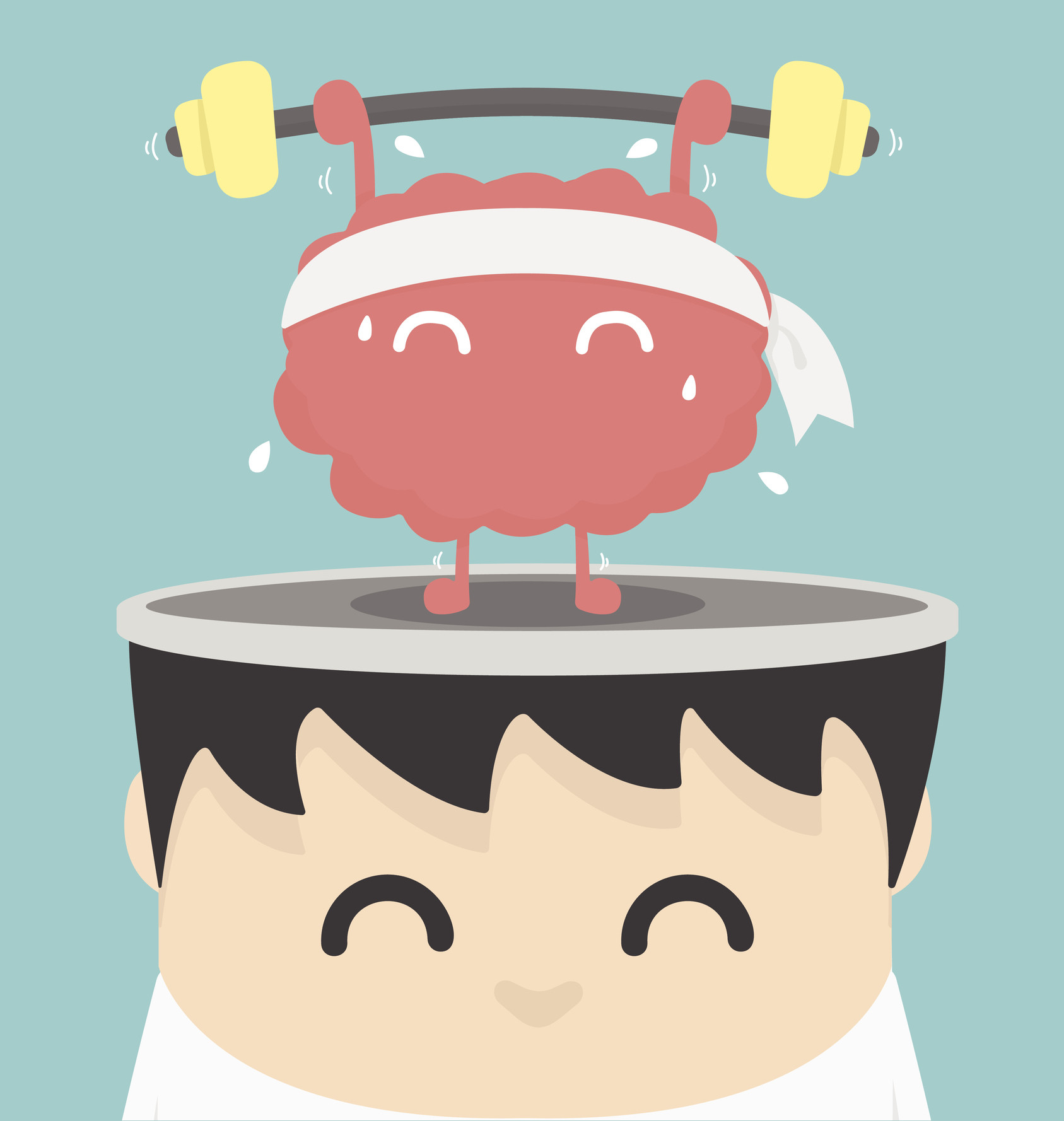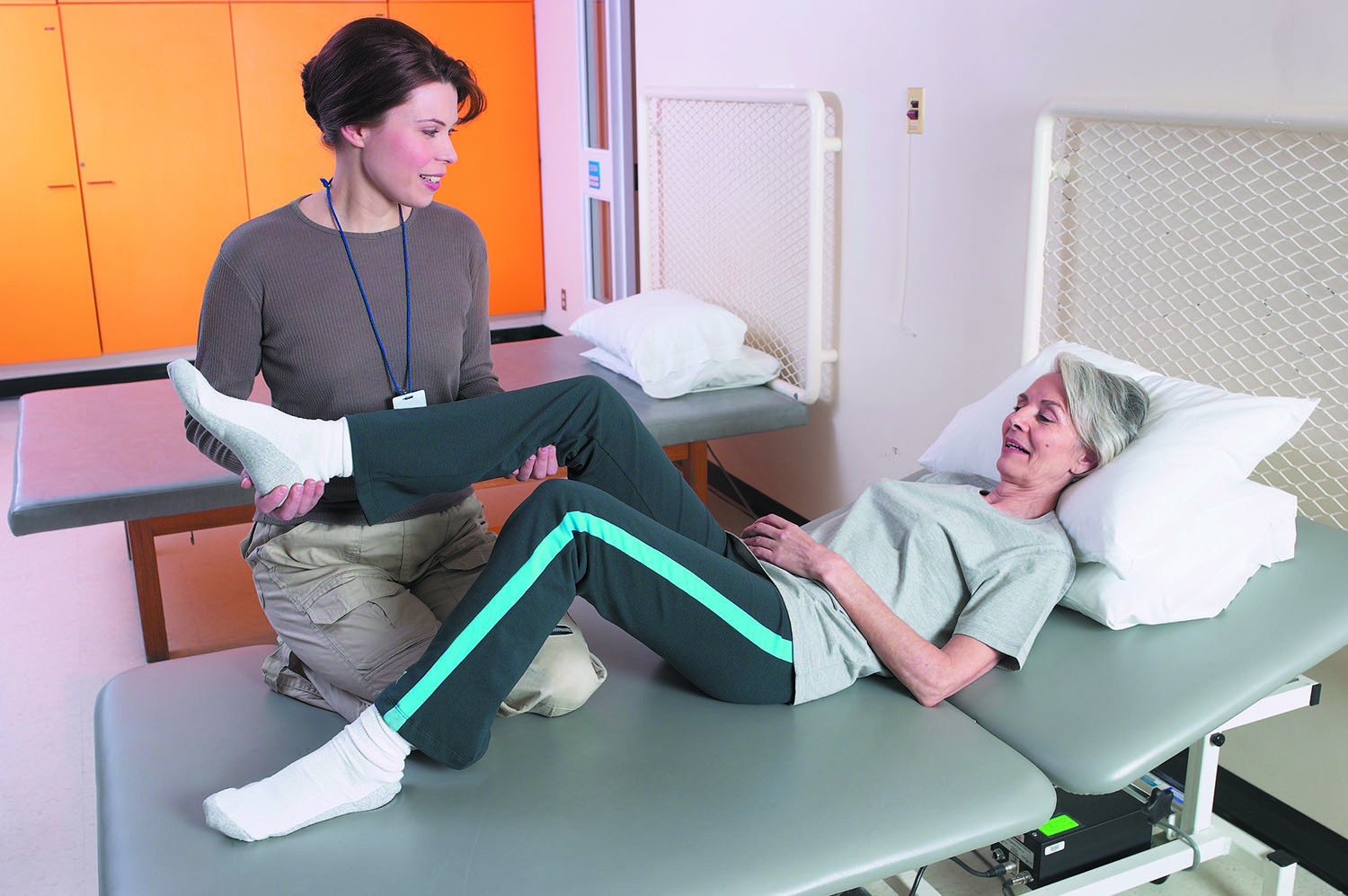
How does prostate cancer treatment affect mental health?

5 timeless habits for better health

What are the symptoms of prostate cancer?

Is your breakfast cereal healthy?

When pain signals an emergency: Symptoms you should never ignore

Does exercise give you energy?

Acupuncture for pain relief: How it works and what to expect

How to avoid jet lag: Tips for staying alert when you travel

Biofeedback therapy: How it works and how it can help relieve pain

Best vitamins and minerals for energy
Exercise & Fitness Archive
Articles
Healthy lifestyle habits linked to lower drug costs
Research we're watching
People with cardiovascular disease who exercise regularly, don't smoke, and manage other risk factors spend far less money on medications than people who don't take such steps, a new study finds.
The study included 4,248 people ages 40 and older with clogged arteries (atherosclerosis), the most common form of cardiovascular disease. Researchers also relied on the Medical Expenditure Panel Survey, a national snapshot of health care expenses based on a survey of nearly 76,000 Americans.
Lift weights to boost muscle
Muscle loss is inevitable as you age, but adopting a regular weight training program can help slow the process.
You naturally lose muscle as you age, a condition called sarcopenia. After age 30, men begin to lose as much as 3% to 5% of their muscle mass per decade, and most will lose about 30% over their lifetimes. But you have the power to change this — with weight training.
"Weight training is the best way to increase muscle mass lost due to aging and keep the muscle you have, and it's never too late to begin," say Vijay Daryanani, a personal trainer with Harvard-affiliated Spaulding Outpatient Center.
10 tips to get you exercising regularly
Finding motivation to move is easier with these simple strategies.
Image: © moodboard/Thinkstock
If the treadmill in your bedroom looks more like a coat rack than a piece of workout equipment, you're not alone. Many women struggle to commit to and keep up with a regular exercise program.
Often, they've got legitimate reasons for skipping those workouts.
Working out in the office doesn’t lower productivity
Research we're watching
Image: © AndreyPopov/Thinkstock
Some women squeeze in exercise by using active workstations, which enable them to move more during the workday. But you may wonder: will this type of multitasking make you less productive on the job?
A study in the May issue of Medicine & Science in Sports & Exercise says it doesn't appear to. The study authors tested the cognitive performance of 58 workers — 32 young and 26 middle-aged — who were asked to walk for 50 minutes at a time on an active workstation treadmill. The study authors concluded the walking didn't hinder the workers' ability to effectively complete mental tasks, aside from a slight dip in planning skills during the workout. And they were able to log an average of 4,500 more steps per day during their sessions.
Dogs may increase activity levels in older adults
Research we're watching
Image: © Halfpoint/Thinkstock
Dog is a woman's best … workout buddy? Maybe, says a study published online June 9 by BMC Public Health, which found that having a dog appeared to increase physical activity in older adults.
Researchers asked 43 pairs of dog owners and non-owners to wear an activity monitor for a week to track their physical movements. Subjects wore the device three times over the course of one year. They also kept an activity log that included information about themselves and their dog, as well as their daily schedule. As it turns out, the dog owners spent more time walking than those without a dog, and they also took about 2,670 more steps each day. So, if you've been thinking about getting a dog this might give you one more reason to consider a furry friend.
Can I still run after a hip replacement?
On call
Image: © Ridofranz/Thinkstock
Q. I was an active runner before my hip replacement. Is it okay to return to jogging several times a week?
A. Hip replacements help relieve pain and improve function for people with worn-out hip joints. However, replacement joints also can wear out over time and require what's called a revision surgery. Therefore, activities that may increase stress or wear on the joint are often discouraged.
Walking the dog: Yes, it counts as exercise
A canine companion may help older people stay active — and provide other heartfelt benefits.
Image: © Tatiana_Stulbo/Thinkstock
If you're among the many millions of dog owners in the United States, you're probably more active than most people without a canine companion at home. But that's just one of the potentially heart-protecting benefits dog owners enjoy, says Dr. Elizabeth Frates, director of wellness programming at Harvard-affiliated Spaulding Rehabilitation Hospital.
"A dog provides love, companionship, and a sense of purpose that propels you to get outside walking every day," says Dr. Frates. Daily exercise is probably the most tangible benefit of dog ownership, she notes. And a new study suggests that the added activity counts toward recommended physical activity goals.
Mind over matter? How fit you think you are versus actual fitness
A study of over 60,000 people who were followed for as long as two decades found that people’s perceptions about their level of activity have a more significant effect on their longevity than their actual fitness.
Exercising arthritis pain away
Physical therapy may be an effective alternative to surgery in relieving joint and back pain.
Image: © Hemera Technologies/Thinkstock
Exercising may be the last thing you want to do when you have a sore knee or aching back, but it might be the first thing you should do. Physical therapy has long been recommended following surgery. But for some, trying physical therapy before opting for surgery may be the better choice.
"You may be able to spare yourself the expense, pain, and recovery time of surgery," says physical therapist Karen Weber, clinical supervisor at Harvard-affiliated Spaulding Rehabilitation Outpatient Centers in Braintree and Quincy, Mass.
Prescribing “the best medicine”
Are you exercising enough to prevent heart disease?
It can help you lose weight; decrease your blood pressure, cholesterol, and blood sugar; and reduce your stress. But wait, there's more: it also lowers your odds of a heart attack or other cardiovascular event and may even extend your life.
This wonder drug isn't a drug at all, of course — it's exercise. Yet only about half of all American adults do enough physical activity to benefit their health. And exercise is especially vital for people who are at risk for heart disease or already have it.

How does prostate cancer treatment affect mental health?

5 timeless habits for better health

What are the symptoms of prostate cancer?

Is your breakfast cereal healthy?

When pain signals an emergency: Symptoms you should never ignore

Does exercise give you energy?

Acupuncture for pain relief: How it works and what to expect

How to avoid jet lag: Tips for staying alert when you travel

Biofeedback therapy: How it works and how it can help relieve pain

Best vitamins and minerals for energy
Free Healthbeat Signup
Get the latest in health news delivered to your inbox!
Sign Up











